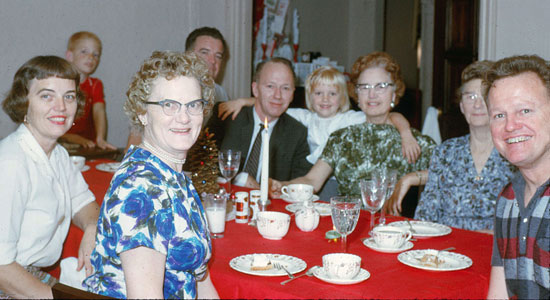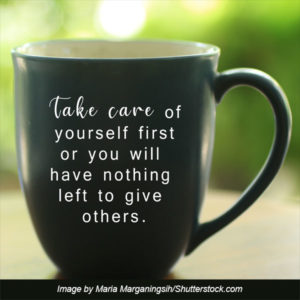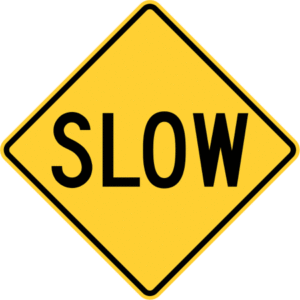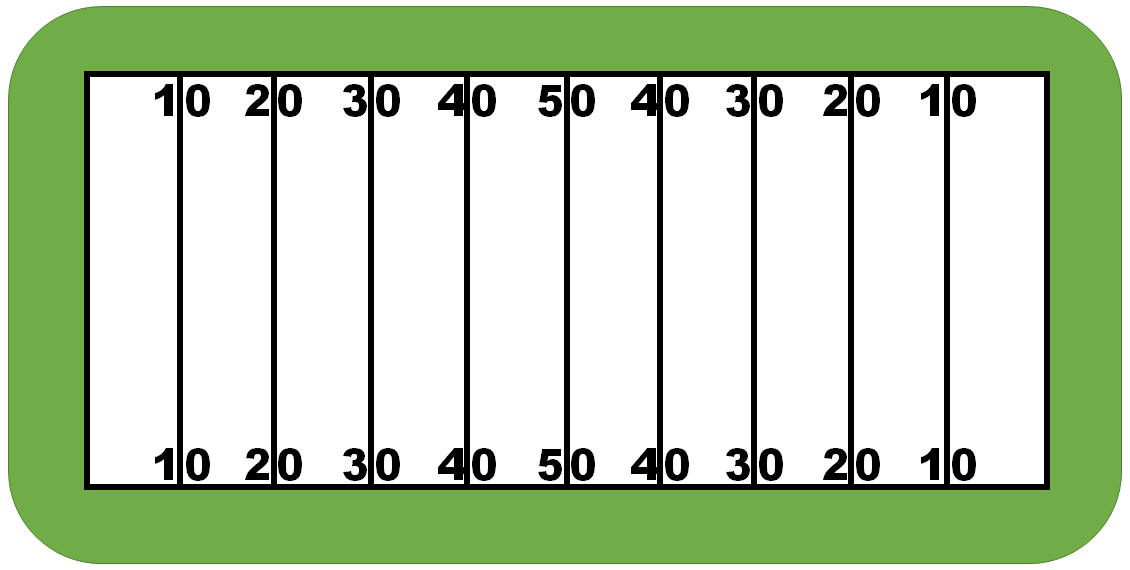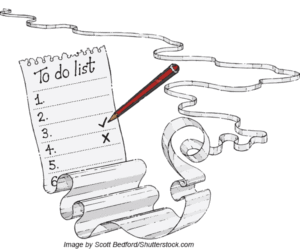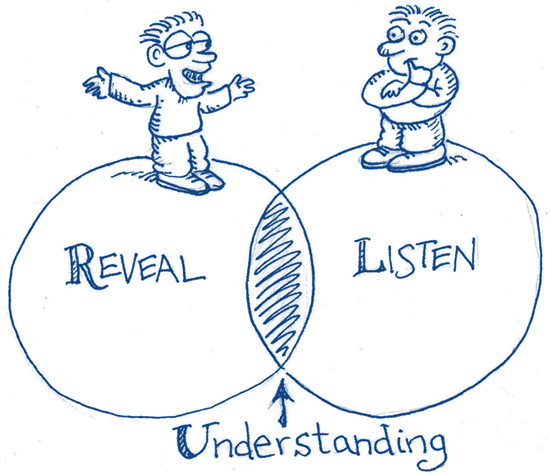 As far back as the Babylonia Empire, human beings have been making agreements with themselves or their god(s) at the start of the new year. Some involved returning borrowed property. Some related to charitable or chivalrous behaviors that they intended to sustain. In the modern era, we focus on self-improvement (e.g., eat healthy foods, lose weight, exercise more, quit smoking, improve finances, make career advances, be more spiritual).
As far back as the Babylonia Empire, human beings have been making agreements with themselves or their god(s) at the start of the new year. Some involved returning borrowed property. Some related to charitable or chivalrous behaviors that they intended to sustain. In the modern era, we focus on self-improvement (e.g., eat healthy foods, lose weight, exercise more, quit smoking, improve finances, make career advances, be more spiritual).
Studies show that despite our best intentions, we often fail to attain our stated goals. A 2007 study from the University of Bristol revealed an 88% failure rate among its 3,000 participants. A 2014 report from Australia showed a 66% failure rate. Typical reasons for getting off track include setting unrealistic goals, setting too many resolutions, failing to track progress, and forgetting about them entirely. Yet despite our poor track records, over 40% of us continue to make resolutions every year.
This topic struck a chord a year ago when I wrote about the top 10 mistakes people make when launching self-improvement initiatives. I’ve also written a couple of posts regarding the science of change management. (See The Psychology of Change and A Business Model for Change Management.) Here are a few quick pointers rooted in neuroscience:
- Don’t wait for New Year’s Day to create the new you. Start your program as soon as you can make a bit of time to set realistic goals, define baby steps toward achievement, and hold yourself accountable by tracking progress toward your goal.
- Recognize that will power is a limited resource. Don’t try to make too many changes all at once or amidst a particularly stressful period in your life.
- Build in support systems that make it easy for you to stay the course. Enroll your family in your program. Get a friend to take the journey with you. Leverage professional help, where applicable (e.g., physicians, nutritionists, trainers, coaches).
Even knowing all of the foregoing, I still make a bit of a ritual out of the onset of a fresh calendar year. I start by making a detailed list of the major accomplishments and events that transpired during the preceding year. (This task feeds into the authoring of our annual holiday letter!) I get a real sense of satisfaction looking at everything that my husband and I got done while reliving the joyful memories. I think about the ways in which I have grown over the past year. And I compare this year’s list with last year’s version to note material changes or trends.
With the results of those exercises in hand, I visualize where I’d like to be when another year has rolled by. I come up with lists of things I’d like to accomplish, experiences I’d like to have, things I’d like to learn, and areas in which I’d like to grow. These lists become my monthly guideposts as I plan activities throughout the year.
I’ve read compelling research that argues for the efficacy of translating such lists into actionable, measurable goals. But I’m at a stage in my life where I don’t feel compelled to put myself on that kind of program. Rather, I let my general inclinations set the course and give myself the freedom to simply enjoy the ride.
